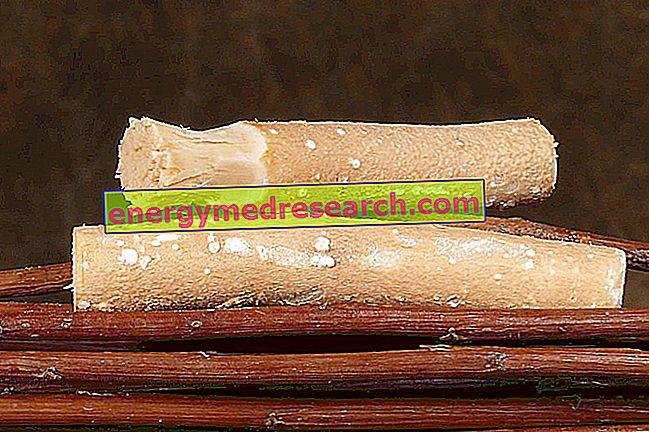
SiwÄ k - also called miswÄ k - is a stick made from the roots or twigs of the Salvadora persica tree, traditionally used by the Arabic-speaking peoples as a tool for dental hygiene.
The siwak is carved at one end with a knife or teeth, so as to remove a couple of centimeters of bark and free, with the help of mastication, the internal vegetable fibers; these, just like the bristles of a pipe cleaner or a toothbrush, help to clean the interdental spaces from food residues and to remove plaque and tartar from teeth and gums. Traditionally, the siwak bristles are immersed in rose water for a few seconds before use, however they can also be placed in contact with small amounts of toothpaste, just like a normal toothbrush. Brushing must take place without rubbing too much and with vertical movements that proceed from the gum to the free margin of the tooth. It is then necessary to carefully clean the siwak after use and to frequently remove the worn bristles, which will be replaced by the incision of a new piece of bark.
The bark of the Salvadora persica tree (called arak in Arabic) is aromatic, with a warm and pungent taste. Some research has shown its moderate content of substances with antibacterial properties, useful in the prevention of halitosis and dental pathologies. The presence of minerals, such as fluorine and silicon, also favors the traditional use of siwak as a tool for dental hygiene. The amount of research on this subject is still insufficient to establish whether the use of siwak can have an efficacy equal, superior or inferior to that of modern toothbrushes.
The use of miswak is also fraught with religious significance, given that in the Koran Muhammad recommends "Keep your mouth clean because from there pass the praise to God". The Prophet himself specifically advises cleaning his teeth with siwak, an instrument he was so fond of that he required it on his deathbed.



